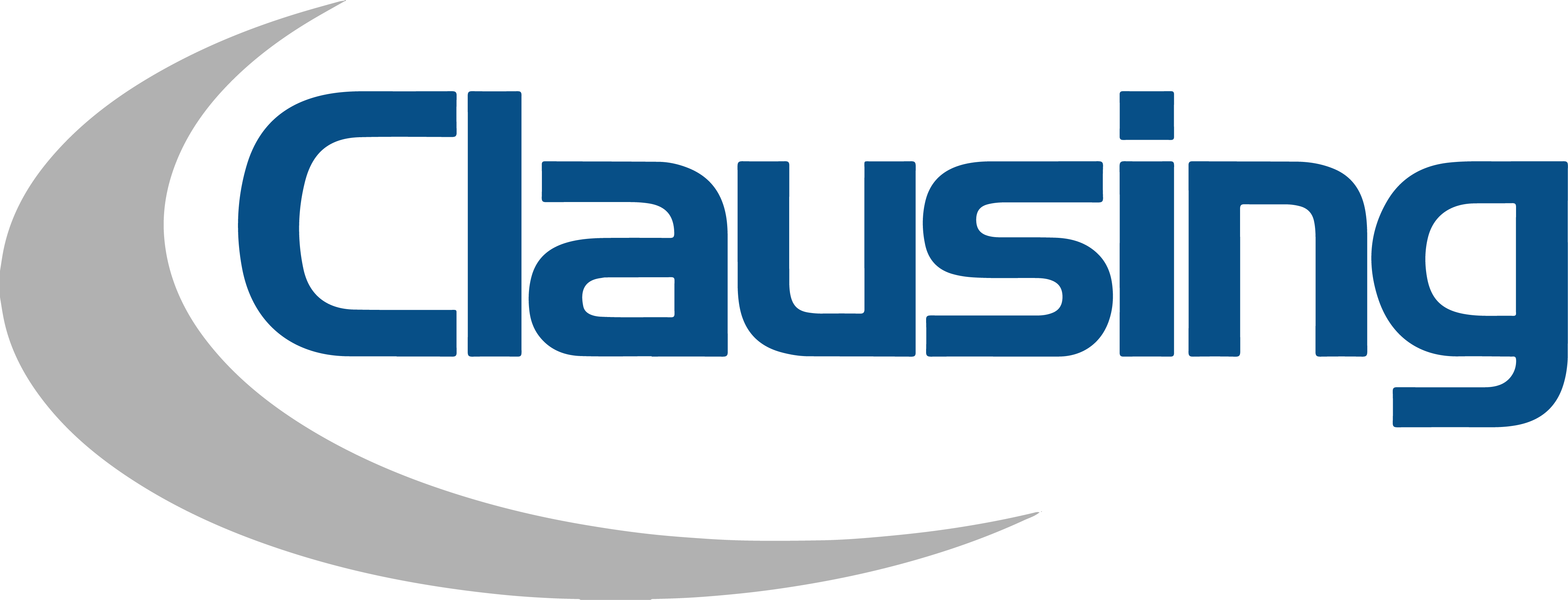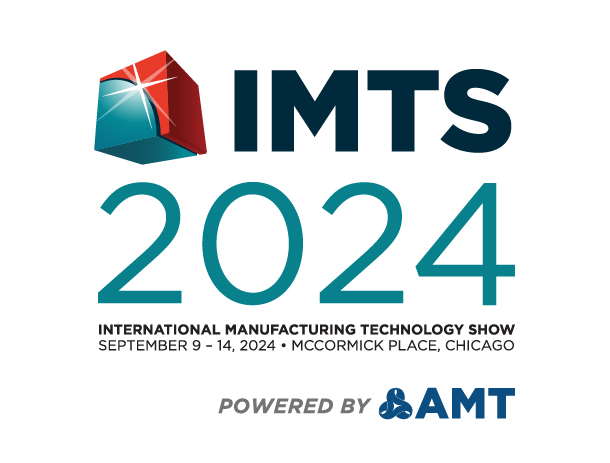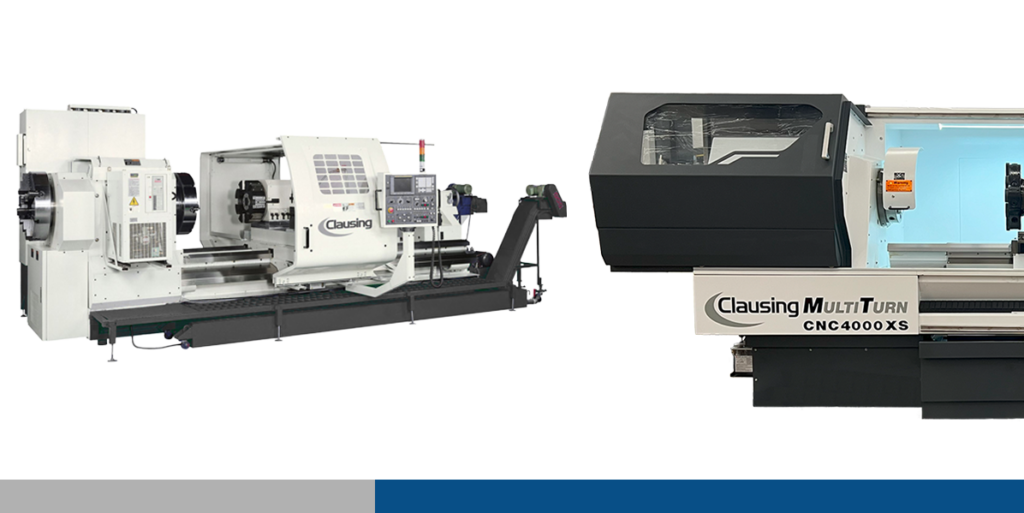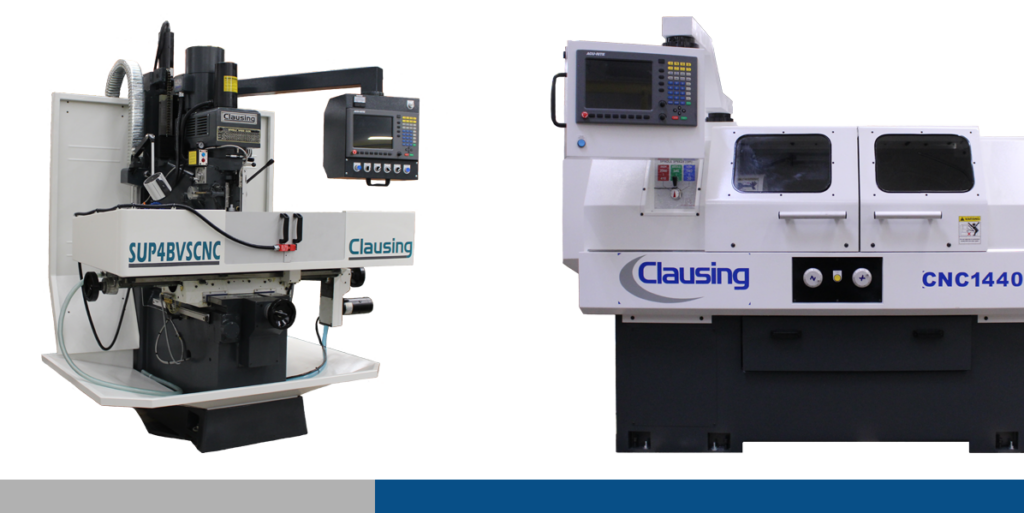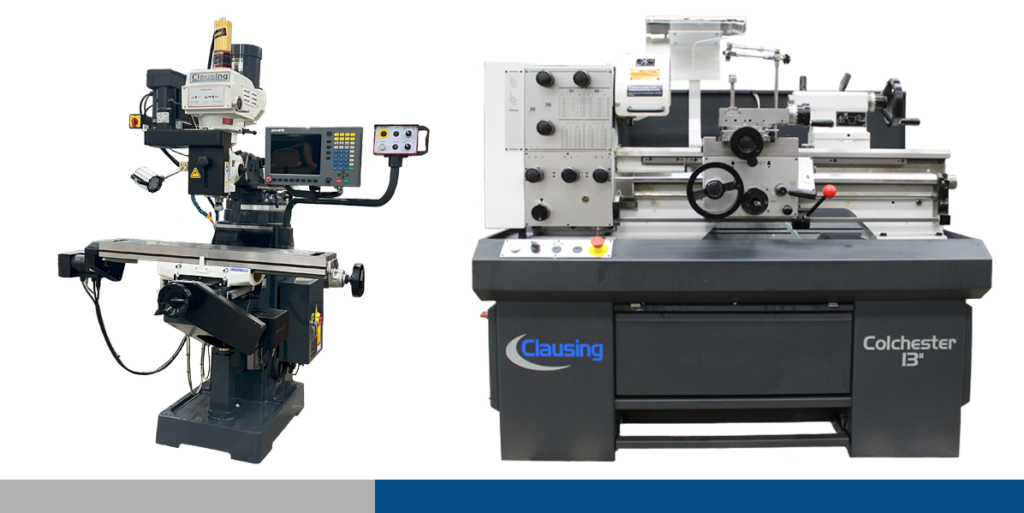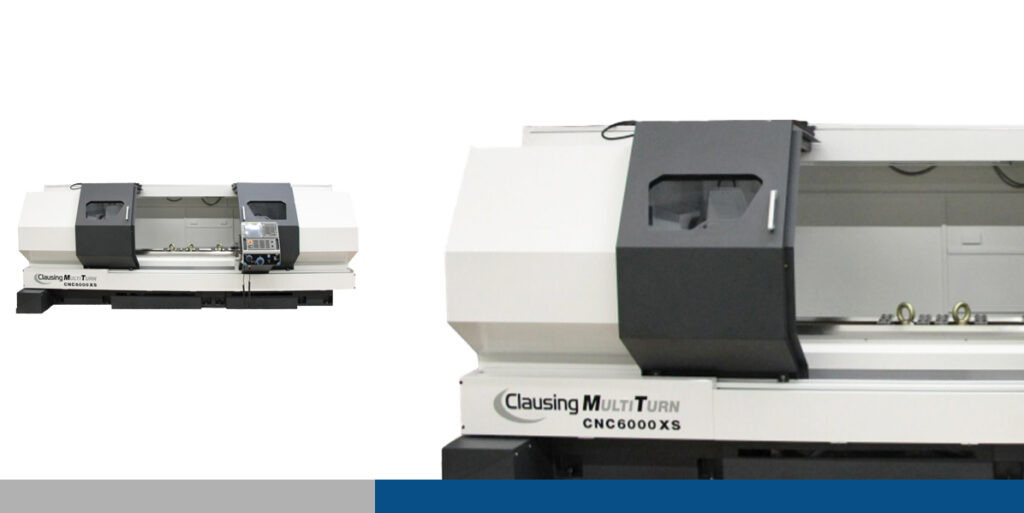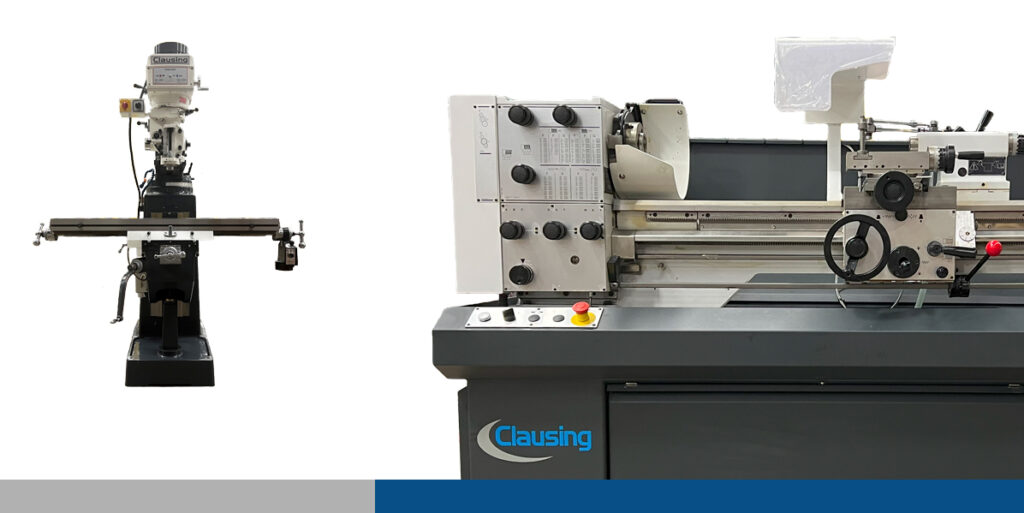CNC Machines and Their Role in Modern Manufacturing
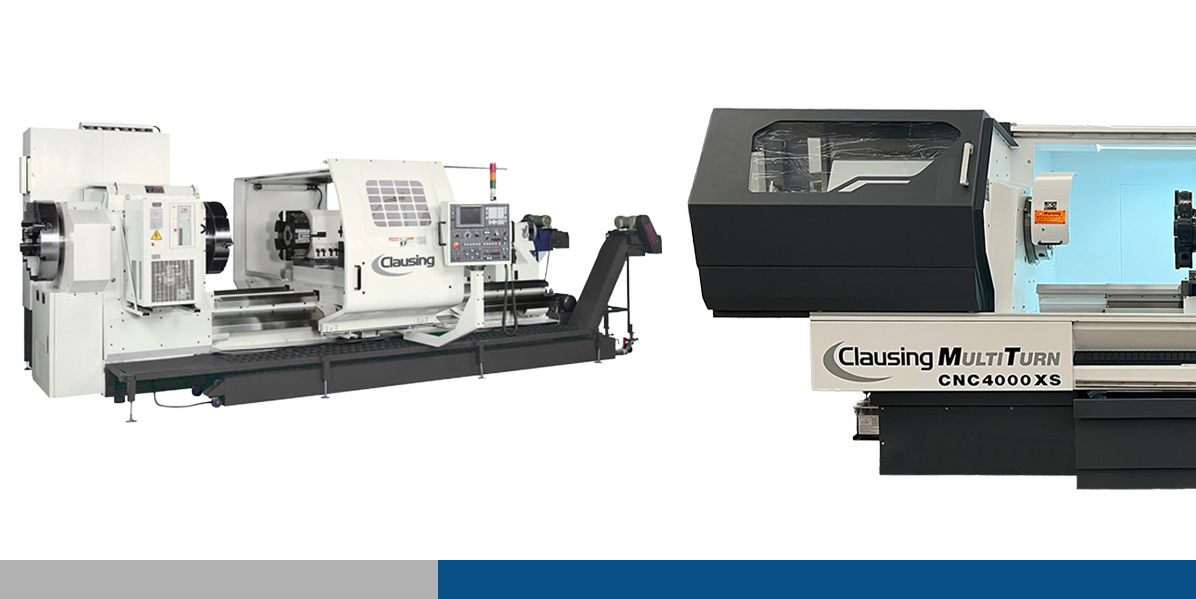
Introduction
CNC (Computer Numerical Control) machines have become a cornerstone in modern manufacturing. These highly automated machines are programmed to carry out precision tasks, ensuring consistency and accuracy that are harder to achieve with manual operations. With their ability to execute complex workpieces and operations with minimal human intervention, CNC machines have significantly changed production.
One of the most remarkable aspects of CNC machines is their versatility. They are used in various industries, from automotive to aerospace, making them indispensable for companies aiming to improve efficiency and quality. The technology behind CNC machines allows for precise control over all aspects of the manufacturing process, reducing the risk of human error and enhancing product quality.
The integration of advanced software with CNC hardware has further revolutionized the field. These machines can now communicate with other devices, creating a networked environment that improves overall throughput efficiency. The ability to make real-time adjustments to machining parameters allows for manufactures to quickly adapt to new requirements and changes in demand. Understanding the role of CNC machines in manufacturing provides valuable insights into why they are the preferred choice for many modern manufacturing operations.
Overview of CNC Machines in Manufacturing
Definition and basic functions of CNC machines center around their ability to use computer programming to control machining tools. Unlike manual machines, CNC machines follow coded instructions to perform tasks with high precision and repeatability. Typically, a programmer will utilize software such as a CAD/CAM system to draw and design the part with the code guiding the machining process. This process ensures a high level of accuracy, making it ideal for complex and detailed manufacturing tasks.
Key advantages over traditional machines include their ability to operate continuously with minimal human intervention. This not only increases production speed but also reduces the possibility of human error. CNC machines can work with a variety of materials such as metals, plastics, and composites, making them incredibly versatile. Their main advantage lies in their repeatability where a program can be stored and executed multiple times to produce identical parts, ensuring consistency in production batches.
Common industries using CNC machines range from the automotive sector, where they are used to create engine parts, to the aerospace industry, which utilizes them for crafting high-precision components. Medical device manufacturing also relies heavily on CNC technology to produce intricate and sterile parts. Furthermore, the consumer electronics industry benefits from CNC machines for creating detailed housing and components for gadgets. The widespread applications of CNC machines showcase their critical role in various manufacturing sectors.
Technological Advances in CNC Machines
Integration of software and hardware has revolutionized CNC machining. Modern CNC machines are designed to interface seamlessly with design software, allowing for more complex and precise operations. This synergy between software and hardware means quicker setup times and the ability to run more advanced programs. Machines can be updated with new software capabilities, continuously optimizing performance without requiring new hardware.
Use of sensors and IoT (Internet of Things) for improved precision is another significant advancement. Sensors embedded in CNC machines can monitor various aspects of the machining process, such as temperature, vibration, and tool wear. The data collected by these sensors is then analyzed to make real-time adjustments, ensuring optimal performance and precision. IoT connectivity allows for remote monitoring and diagnostics, enabling operators to oversee and troubleshoot machines from anywhere.
Advances in multi-axis machining have expanded the capabilities of CNC machines. Traditional CNC machines typically operate on two or three axes (X, Y, and Z), but modern machines can utilize five or more axes. This allows for the creation of more complex geometries and the ability to machine parts from multiple angles in a single setup. Multi-axis machining reduces the need for multiple fixtures and repositioning, which increases efficiency and reduces the risk of errors. These technological innovations continue to push the boundaries of what CNC machines can achieve in modern manufacturing.
Impact on Production Efficiency and Quality
Reducing production time is a primary advantage of using CNC machines. These machines operate at high speeds and can work continuously without breaks. By automating repetitive tasks, CNC machines complete complex jobs faster than manual machining methods. This efficiency means more products can be made in less time, leading to increased output and faster turnaround times for orders.
Enhancing product consistency and quality is another crucial benefit. Because CNC machines follow precise computer programming, they can make identical parts repeatedly with minimal variation. This level of consistency is difficult to achieve with manual machining, where human error can introduce inconsistency. The high precision of CNC machines ensures that each product meets strict quality standards, improving overall product reliability and customer satisfaction.
Cost savings in the long term are significant with CNC machines. While the initial investment might be higher, the efficiency and precision of these machines reduce waste and rework costs. Additionally, the ability to run machines continuously with minimal supervision reduces labor costs. Over time, these savings can offset the initial purchase price, making CNC machines a cost-effective solution for many manufacturers.
Future Trends in CNC Manufacturing
Adoption of AI and machine learning is set to transform CNC manufacturing. AI can analyze vast amounts of data to optimize machining processes, predict maintenance needs, and reduce downtime. Machine learning algorithms can improve machine performance over time by learning from past operations. Integrating AI into CNC machines will make them smarter and more efficient, taking manufacturing capabilities to the next level.
Increased automation and robotics are shaping the future of CNC manufacturing. Robots can handle material loading and unloading, perform inspections, and carry out secondary operations. This level of automation reduces the need for human intervention, increasing safety and productivity. By integrating robotics with CNC machines, manufacturers can create fully automated production lines that operate with high efficiency and minimal labor overhead.
Sustainability and eco-friendly machining solutions are becoming more important in CNC manufacturing. Manufacturers are focusing on reducing waste, conserving energy, and using sustainable materials. CNC machines are being designed to be more energy-efficient, and recycling programs for machining by-products are becoming standard practice. Embracing these eco-friendly solutions helps manufacturers not only meet regulatory requirements but also appeal to environmentally conscious consumers.
Conclusion
CNC machines have revolutionized modern manufacturing, offering unparalleled precision, efficiency, and versatility. From reducing production time and enhancing product quality to integrating advanced technology and promoting sustainability, CNC machines have become indispensable tools in various industries. As we look to the future, the continued adoption of AI, increased automation, and sustainable practices will further push the boundaries of what CNC manufacturing can achieve.
At Clausing, we are committed to providing cutting-edge CNC solutions that meet the evolving needs of modern manufacturers. Our state-of-the-art machines are designed to deliver exceptional performance and reliability. If you want to take your manufacturing capabilities to the next level, contact Clausing today to learn more about our innovative CNC machine tools.
October 15, 2024 | Views | Categories: Article, CNC Machines, Guide, Tips
Related Posts
Latest Posts
Categories
Article
Guide
Tips
Topics
CNC Machines
Standard Machines
Tags
Clausing
CNC Lathes
